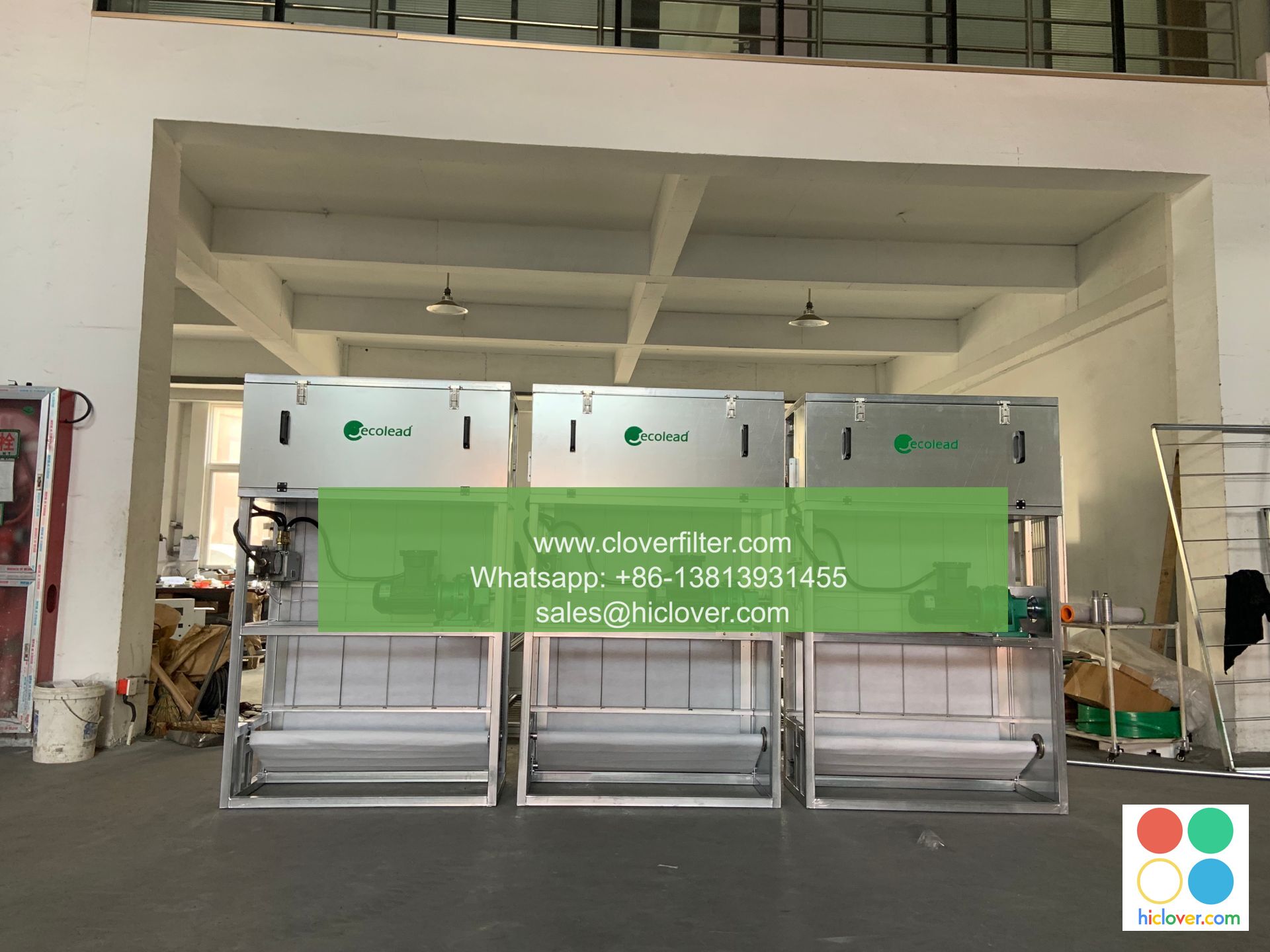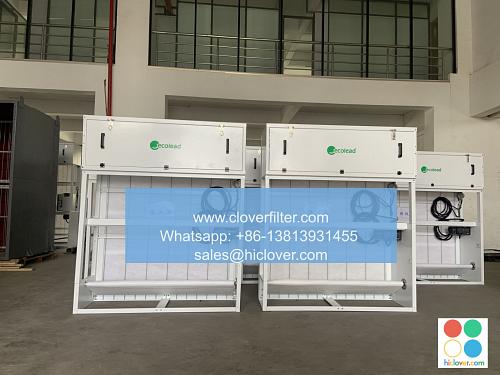The Benefits of Automatic Roll Air Filters in Edmonton Hospital Operating Rooms

Edmonton hospitals have been at the forefront of adopting cutting-edge technologies to improve patient care and operational efficiency. One such innovation that has gained significant attention in recent years is the use of automatic roll air filters in hospital operating rooms. These advanced filtration systems have been designed to provide a higher level of air quality, reduce the risk of airborne infections, and minimize maintenance costs. In this article, we will explore the benefits of automatic roll air filters in Edmonton hospital operating rooms and how they are revolutionizing the healthcare industry.
Operating rooms are highly sensitive environments that require precise control over temperature, humidity, and air quality to ensure patient safety and prevent infections. Traditional air filtration systems often fall short in meeting these stringent requirements, leading to a higher risk of airborne contamination and compromised patient outcomes. Automatic roll air filters, on the other hand, offer a reliable and efficient solution to these challenges. By using a continuous roll of filter media, these systems can capture up to 99.97% of airborne particles as small as 0.3 microns, including bacteria, viruses, and other microorganisms that can cause infections.
The benefits of automatic roll air filters in Edmonton hospital operating rooms are numerous. Firstly, they provide a significant reduction in airborne infections, which is a major concern in healthcare settings. By removing airborne pathogens and other contaminants, these systems help create a safer environment for patients, surgical teams, and other hospital staff. Secondly, automatic roll air filters minimize maintenance costs and downtime associated with traditional filtration systems. The continuous roll design eliminates the need for frequent filter changes, reducing labor costs and waste disposal expenses.
Another advantage of automatic roll air filters is their ability to improve indoor air quality and reduce the risk of occupational exposure to airborne hazards. Surgical teams and hospital staff are often exposed to airborne contaminants, including anesthetic gases, chemicals, and biological agents, which can have serious health consequences. By providing a higher level of air filtration, automatic roll air filters help mitigate these risks and create a healthier work environment. Additionally, these systems can be easily integrated with existing HVAC systems, making them a convenient and cost-effective solution for hospitals.
In Edmonton hospitals, the implementation of automatic roll air filters has been driven by a growing recognition of the importance of air quality in patient care. The city’s healthcare authorities have been working closely with manufacturers and industry experts to develop and install these advanced filtration systems in operating rooms and other critical care areas. The results have been impressive, with significant reductions in airborne infections and improved patient outcomes reported in several hospitals.
While the benefits of automatic roll air filters are clear, there are also some challenges associated with their implementation. One of the main concerns is the higher upfront cost of these systems compared to traditional filtration systems. However, when considering the long-term savings and improved patient outcomes, the investment in automatic roll air filters can be justified. Additionally, hospitals must ensure that these systems are properly maintained and monitored to ensure optimal performance and air quality.
In conclusion, the use of automatic roll air filters in Edmonton hospital operating rooms has revolutionized the way healthcare facilities approach air quality and patient safety. By providing a higher level of air filtration, reducing maintenance costs, and minimizing the risk of airborne infections, these advanced systems are improving patient outcomes and creating a healthier work environment for surgical teams and hospital staff. As the healthcare industry continues to evolve, the adoption of automatic roll air filters is likely to become a standard practice in hospitals around the world.
FAQs
Q: What are automatic roll air filters, and how do they work?
A: Automatic roll air filters are advanced filtration systems that use a continuous roll of filter media to capture airborne particles and contaminants. They are designed to provide a higher level of air quality and reduce maintenance costs.
Q: What are the benefits of using automatic roll air filters in hospital operating rooms?
A: The benefits include a significant reduction in airborne infections, improved indoor air quality, reduced maintenance costs, and minimized downtime associated with traditional filtration systems.
Q: Are automatic roll air filters more expensive than traditional filtration systems?
A: Yes, automatic roll air filters have a higher upfront cost than traditional filtration systems. However, the long-term savings and improved patient outcomes can justify the investment.
Q: Can automatic roll air filters be easily integrated with existing HVAC systems?
A: Yes, automatic roll air filters can be easily integrated with existing HVAC systems, making them a convenient and cost-effective solution for hospitals.
Q: What are the challenges associated with implementing automatic roll air filters in hospital operating rooms?
A: The main challenges include the higher upfront cost, proper maintenance and monitoring, and ensuring that the systems are properly installed and integrated with existing HVAC systems.

